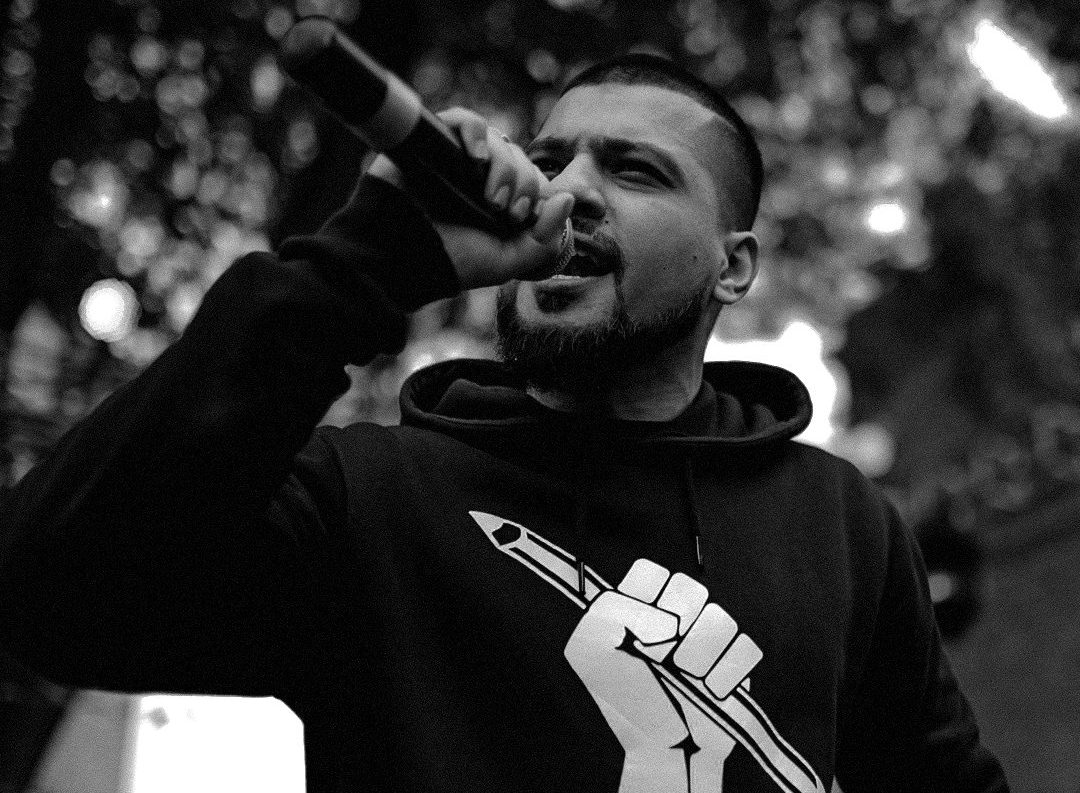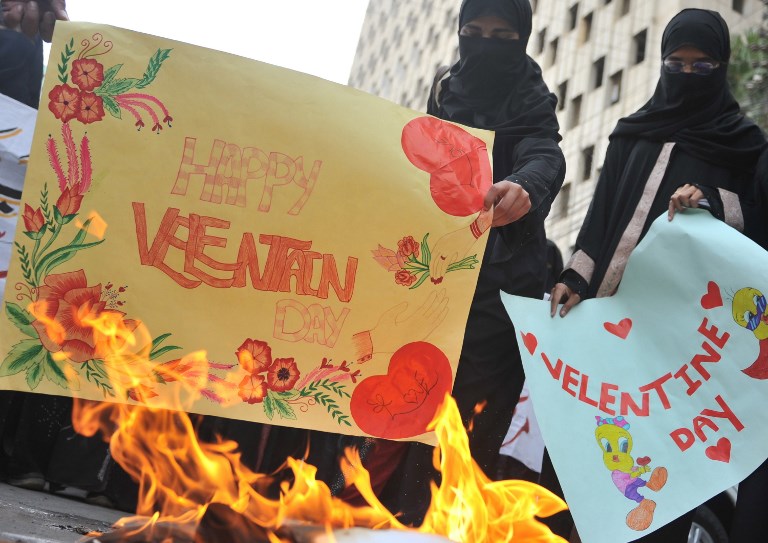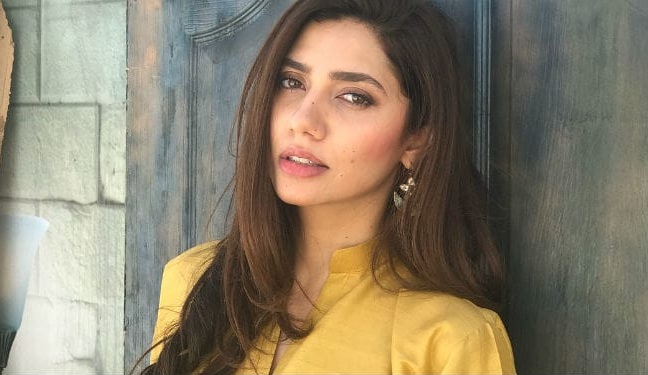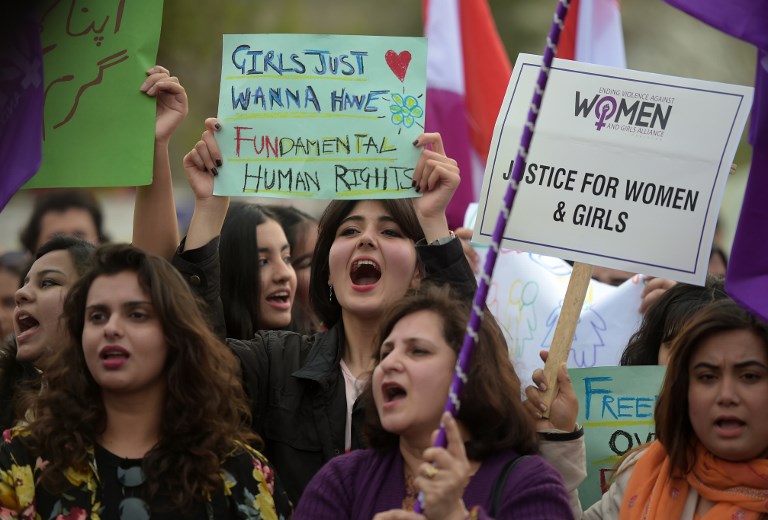KARACHI: It is not every day that a Pakistani rapper catches your eye. Rap has been stereotyped as being a medium of doing nothing beyond flaunting one’s wealth, talking about lousy heartbreaks from supposed gold diggers, and objectifying women. It is thus, difficult to completely overturn the many (but mostly negative) perspectives people hold about rap and hip hop. Defying the odds set for decades now and using his skills to talk about politics is IQBAL, a rapper, and MC from Pakistan. Speaking with him really gives birth to a fresh outlook towards the future of rap in Pakistan.
View this post on Instagram
What has perhaps been the biggest reason behind IQBAL using his rap the way he does, is his interpretation of it early on. “I was introduced to Hip hop when I was 12. Mainly Eminem, Fort Minor, 50 Cent. But I really engrossed myself in the culture at 14. That is when I started listening to more 80s, 90s, and Underground Hip hop. People like 2Pac, Immortal Technique, Nas, Lowkey. It was dark, grimy, vivid, and spoke truth to power. I was extremely disconnected from the rest of my classmates. I was alienated, emotionally distant, but I was an extremely observant kid. The music at that point was almost like an extension of me. A friend. It pulled me in and I wrote my first ever rhyme at 16,” he said.
View this post on Instagram
A lot of what IQBAL produces is a reflection of the content he consumes. Since his music echoes the political climate that surrounds him, much of it, he reveals, comes from literature, both non-fiction and fiction, as well as documentaries, news, and the day-to-day observations he makes about how people behave. Their hypocrisy, reactions, and how they attach a stigma to certain things. “I am a student of history so that is the lens I mostly use to make sense of the world around me. I know this sounds weird but for me, it’s almost like I am writing a research paper, not a song.”
View this post on Instagram
However, his journey has not only been about expressing himself. As a Pakistani rapper, part of his struggle has been ensuring security for his content as well.
View this post on Instagram
Expressing how a recent incident of plagiarism was uncalled for, IQBAL stated, “I am not exaggerating when I say it felt like physical abuse. I exposed it because I stand by what I talk about in my music. The people overwhelmingly supported me, especially the radio and underground music scene. I couldn’t ask for more.” He added that it is important to address issues surrounding plagiarism and intellectual theft. “Big brands and mainstream artists have a history of feeding off the hard work of us underground artists in the name of “exposure”. This is not something new. They exploit our desperation. They get away with it because underground artists do not have the resources to fight them legally.”
His responses reflect a lack of security most artists in Pakistan tend to endure. “We should have strict copyright laws but at the end of the day, the streaming platforms are international and as I mentioned before, underground artists lack the resources to take legal action in court.”
While he is not sure if the government will ever prioritize securing original content by local artists, he does believe in the power of social media. “The least we can do is support each other online by spreading the word if intellectual theft happens.”
View this post on Instagram
The artist has also had to keep himself mentally prepared for censorship – an unpredictable given for any honest form of art in Pakistan. However, he does not let fear influence his writing. “The themes/references are dark and violent but there is nothing explicit on the surface level. That is the reason why I have done shows in front of every age group, from middle school kids in Lahore to 40+ awaam in Sadiqabad.”
IQBAL realizes he has just begun and a lot has to be said as he moves forward. “A lot of buttons that still need to be pushed. So I know the opposition will only get severe as I grow as an artist. But whatever happens, I know that giving in to that pressure is not an option, never will be.”
Rap had its most dramatic entrance in Pakistan during the late 2000s. However, that does not mean it never existed. While the more sexually objectifying form of rap secured a platform for itself and garnered interest, it was easy to forget the art form’s potential as a medium of awareness and revolution. “Inevitably, like every other genre and art form, Hip hop was commodified by the market as well. No doubt. However, it continued to flourish underground, and trust me, you can easily find hardcore, conscious Hip hop if you dig a bit deeper,” IQBAL revealed.
View this post on Instagram
However, the perception of rap as a vessel for commodification did not help artists like IQBAL. “As far as me being accepted goes, it involved a lot of perseverance and sacrifice from my end. Immediate opposition came from my family. Music starkly contrasts the conservative values of my household. I can go on and about this alone. Other than that, despite the absence of explicit language, my songs and performances have been censored by television stations. This resistance is something I have fought on every level and will continue to do so till my last breath. I am prepared for it.”
As he stands for freedom of expression, he talks about how it gives him a sense of fulfillment to create “political music” and offers him a perspective that he has not attained before. “Rappers I looked up to growing up used their platform as I do now. I have barely scratched the surface in terms of the things I want to address, and I fully intend to keep going in this direction,” he promised.
View this post on Instagram
He added how his work has a lot of layers to it. “Generally, I try to look at history and politics from a birds-eye view and highlight parallels between our colonial and post-colonial history.” Detached from a black and white projection of ideas, IQBAL curates his work within grey areas. “Whatever I am talking about, my aim is to always present it in a way that is multi-layered. ”
In conclusion, IQBAL encourages his mode of art. He explains how Hip Hop can help address social issues as well as help empower the more vulnerable. “Hip hop in its essence is a revolutionary art form. It is a socially conscious genre. When I listened to it as a teenager, I could connect to it immediately even though I was thousands of miles away from where it was being produced,” he says. “Living in Pakistan, we have our own complex problems. Our own stories of struggle, violence, and injustice. We are exposed to our bitter reality at an early age. Hip hop offers a healthy outlet to address these issues through art. To share our experiences. It encourages social action and at an individual level, it is empowering.”
His work has also recently been featured in Yorker, a short film by Digestive Showtime.
View this post on Instagram













